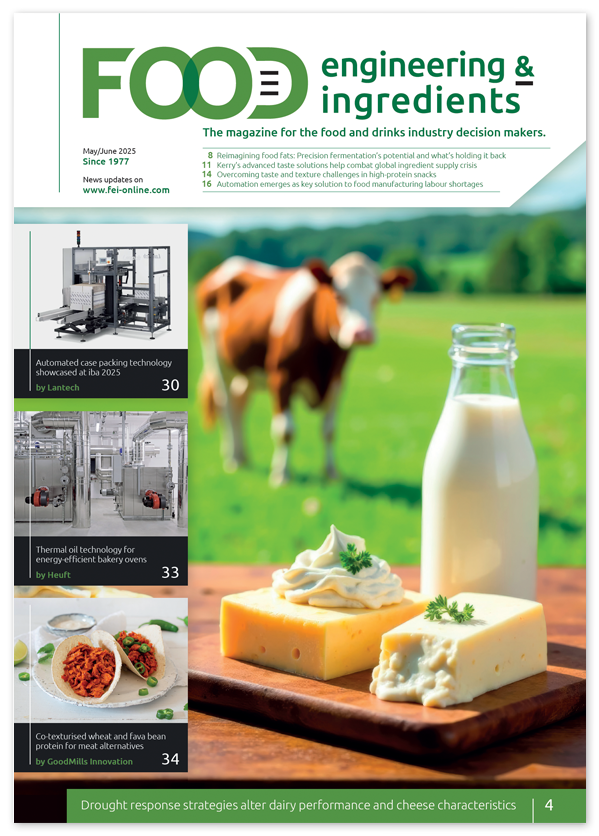Ash and moisture analysis with prepASH 340 Series for food analysis
Moisture and ash are crucial analytical values in food samples and are often needed as calculation reference for other analytical parameters too. Furthermore ashing is part of the sample preparation for the analysis of individual elements in the mineral content. Moisture is a critical parameter for shelf life time of food and ash gives information on the salt content.
Automation of the moisture and ash analysis brings efficiency, quality and security into the laboratory.
1. Analysis of meat
The nutrient content of meat and meat products is determined with the following analysis and often calculated as packages by contract laboratories: Moisture, ash, total fat, total protein, carbohydrate (calculated) and kcal/kJ calculated). Here the ash is a quality characteristic itself and is needed to calculate the carbohydrate. Carbohydrate = 100 % – moisture – ash – fat – protein
2. Analysis of milk
Fat and Proteins content are calculated on dry mass. Ash gives the totals mineral content of milk: Calcium and phosphorous are the major minerals found in milk. These minerals are required in large quantities by the rapidly growing neonate for bone growth and development of soft tissues. Calcium and phosphorous mostly are associated with the casein micelle structure. Milk also contains most other minerals found in the body.
3. Analysis of flour/pasta
The determination of the ash content in flour serves to estimate the degree of the endosperm separation from the bran during milling, i.e. the grade of flour. The more refined the flour the less ash is produced. In pasta production the ash determination of flour is crucial. The grade of milling determines the properties of the flower and therefore the possible use: e.g. pasta or bread. The final analysis of pasta contains an ash determination too. This ash contains the minerals from the flower plus the salt given to the dough. Most food samples have to be dried at 105°C and ashed at 550°C (SLMB) until a stable weight is reached. Flour and some flour products are dried at 105°C or 130°C and ashed at 600°C or 900°C.
UFAG Laboratories AG
(Contract laboratory) Sursee, Switzerland
As the leading independent service
laboratory in Switzerland, UFAG Laboratorien
AG offer integral analytical solutions for
the food industry.
http://www.ufag-laboratorien.ch



